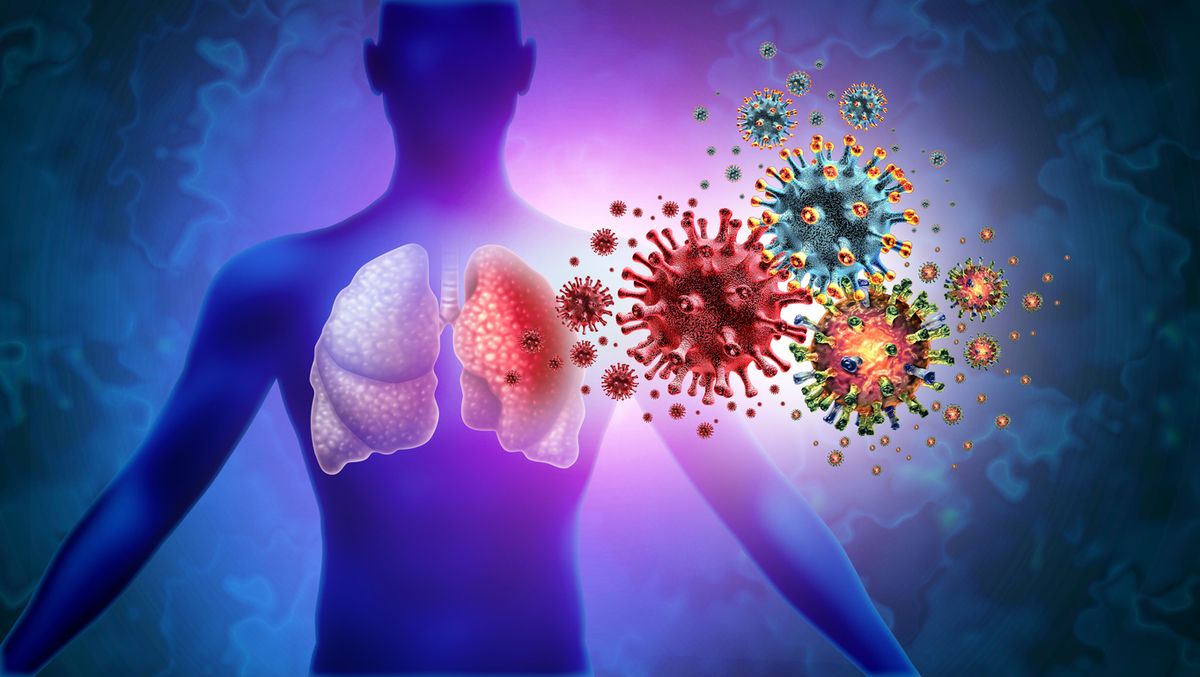
Infections can be scary, but understanding them helps keep you safe. Infections happen when germs like bacteria, viruses, or fungi invade your body and cause illness. They can spread through air, water, food, or contact with infected people or animals. Some common types include colds, flu, and stomach bugs. Infections can be mild or severe, sometimes even life-threatening. Knowing how to prevent and treat them is crucial. Washing hands, getting vaccines, and practicing good hygiene are key steps. Let's dive into 28 facts that will help you understand infections better and keep you healthy.
What is an Infection?
Infections occur when harmful microorganisms like bacteria, viruses, fungi, or parasites invade the body. These invaders can cause a range of illnesses, from mild to life-threatening. Understanding infections helps in preventing and treating them effectively.
-
Bacteria are single-celled organisms that can live in various environments. Some bacteria are beneficial, while others cause diseases like strep throat and tuberculosis.
-
Viruses are smaller than bacteria and require a host to replicate. They cause illnesses like the flu, common cold, and COVID-19.
-
Fungi can be found in soil, air, and water. Some fungi cause infections like athlete's foot and ringworm.
-
Parasites live on or inside a host organism, causing diseases like malaria and tapeworm infections.
How Infections Spread
Infections can spread in multiple ways, making it crucial to understand their transmission to prevent outbreaks.
-
Direct Contact involves touching an infected person or their bodily fluids. This can spread diseases like herpes and conjunctivitis.
-
Indirect Contact happens when touching contaminated surfaces or objects. Common colds and flu can spread this way.
-
Airborne Transmission occurs when pathogens travel through the air in droplets or dust. Measles and tuberculosis spread this way.
-
Vector-Borne Transmission involves insects like mosquitoes or ticks. Malaria and Lyme disease are examples.
-
Food and Water can carry pathogens, leading to illnesses like salmonella and cholera.
Symptoms of Infections
Recognizing symptoms early can lead to quicker treatment and better outcomes.
-
Fever is a common sign of infection, indicating the body's attempt to fight off invaders.
-
Fatigue often accompanies infections, as the body uses energy to combat the illness.
-
Pain and Swelling can occur at the infection site, such as a sore throat or swollen lymph nodes.
-
Coughing and Sneezing help expel pathogens from the respiratory system.
-
Digestive Issues like nausea, vomiting, and diarrhea can signal gastrointestinal infections.
Preventing Infections
Prevention is key to reducing the spread of infections. Simple measures can make a big difference.
-
Hand Washing with soap and water removes germs and prevents transmission.
-
Vaccination protects against many infectious diseases, including measles and hepatitis.
-
Safe Food Handling practices reduce the risk of foodborne illnesses.
-
Using Insect Repellent helps prevent vector-borne diseases like malaria.
-
Avoiding Close Contact with sick individuals minimizes the risk of catching infections.
Treating Infections
Treatment varies depending on the type of infection. Knowing the right approach is essential for recovery.
-
Antibiotics treat bacterial infections but are ineffective against viruses. Overuse can lead to resistance.
-
Antiviral Medications help manage viral infections like HIV and influenza.
-
Antifungal Treatments are used for fungal infections, such as athlete's foot.
-
Antiparasitic Drugs target parasites causing diseases like malaria.
-
Rest and Hydration support the body's immune response and recovery process.
Interesting Facts About Infections
Infections have fascinating aspects that highlight their complexity and impact on human health.
-
Zoonotic Diseases are infections transmitted from animals to humans. Examples include rabies and Ebola.
-
Superbugs are antibiotic-resistant bacteria, posing a significant challenge to modern medicine.
-
Pandemics are global outbreaks of infectious diseases. The 1918 flu and COVID-19 are notable examples.
-
Immune System plays a crucial role in defending against infections. A strong immune system can prevent many illnesses.
The Final Word on Infections
Infections are everywhere. From the common cold to more serious diseases, they affect us all. Knowing how they spread and how to prevent them is key. Simple actions like washing hands, getting vaccinated, and practicing good hygiene can make a huge difference.
Understanding the types of infections—bacterial, viral, fungal, and parasitic—helps in recognizing symptoms and seeking proper treatment. Antibiotics work for bacterial infections, but not for viral ones. Misusing antibiotics can lead to resistance, making infections harder to treat.
Stay informed about the latest health guidelines and consult healthcare professionals when needed. Awareness and proactive measures can keep infections at bay, ensuring a healthier life for you and those around you. Stay safe, stay healthy, and remember, a little knowledge goes a long way in fighting infections.
Was this page helpful?
Our commitment to delivering trustworthy and engaging content is at the heart of what we do. Each fact on our site is contributed by real users like you, bringing a wealth of diverse insights and information. To ensure the highest standards of accuracy and reliability, our dedicated editors meticulously review each submission. This process guarantees that the facts we share are not only fascinating but also credible. Trust in our commitment to quality and authenticity as you explore and learn with us.
